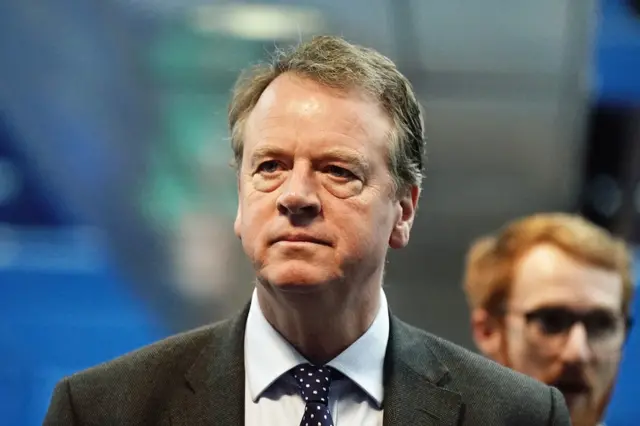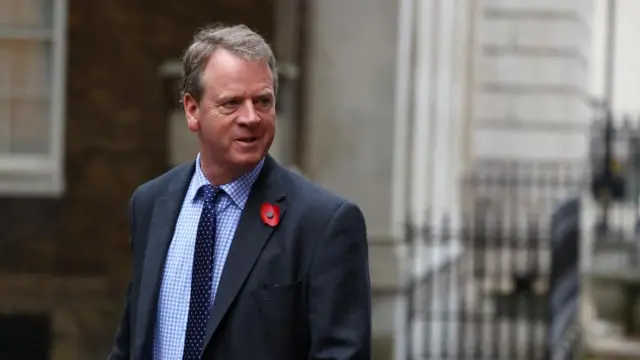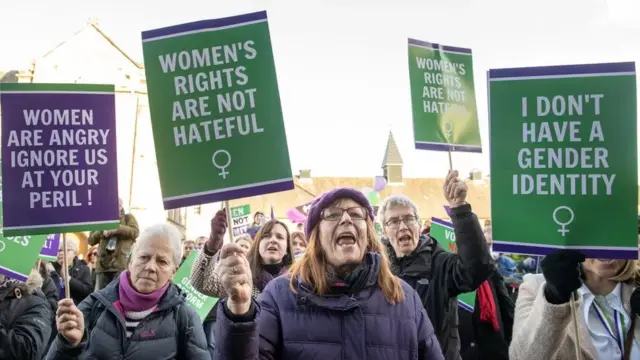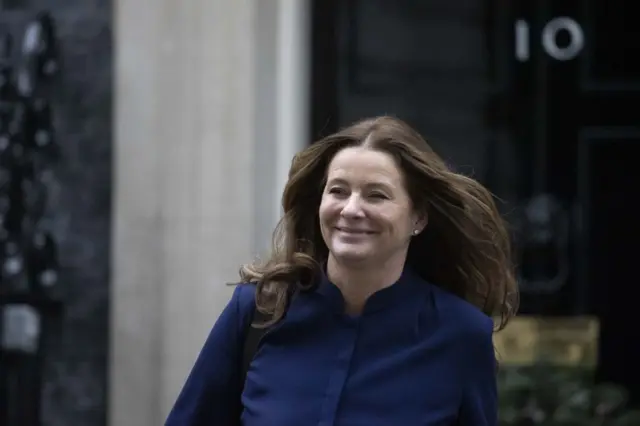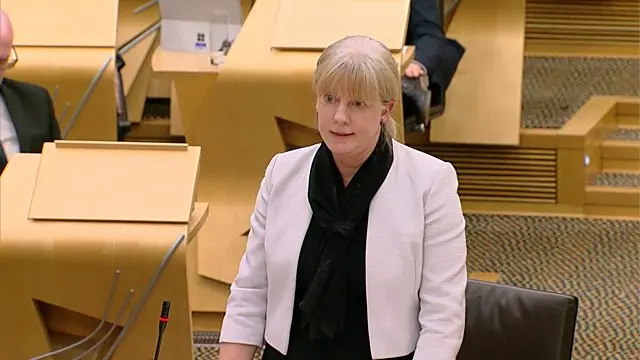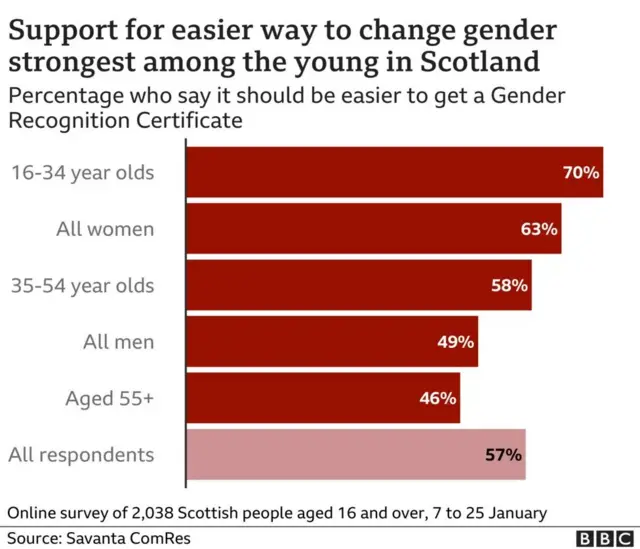Gender bill will inevitably end up in court, says Sturgeonpublished at 13:49 GMT 17 January 2023
More on Nicola Sturgeon and she says the gender recognition bill will "inevitably" end up in court.
She says that as the procedure to block the bill - section 35 - has never been used by the UK government before, the bill will not automatically end up at the Supreme Court, like other bills have.
"This is something the Scottish government will have to judicially review," she says, adding that it will "vigorously defend" the legislation.
Quote MessageIn doing so we will be vigorously defending something else. And that is the institution of the Scottish Parliament, the ability of MSPs, democratically elected, to legislate in areas of our competence. In short, we'll be defending Scottish democracy."


